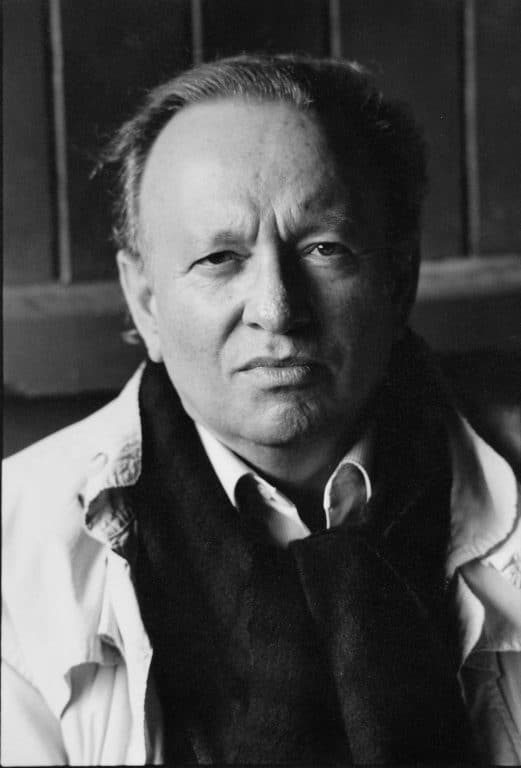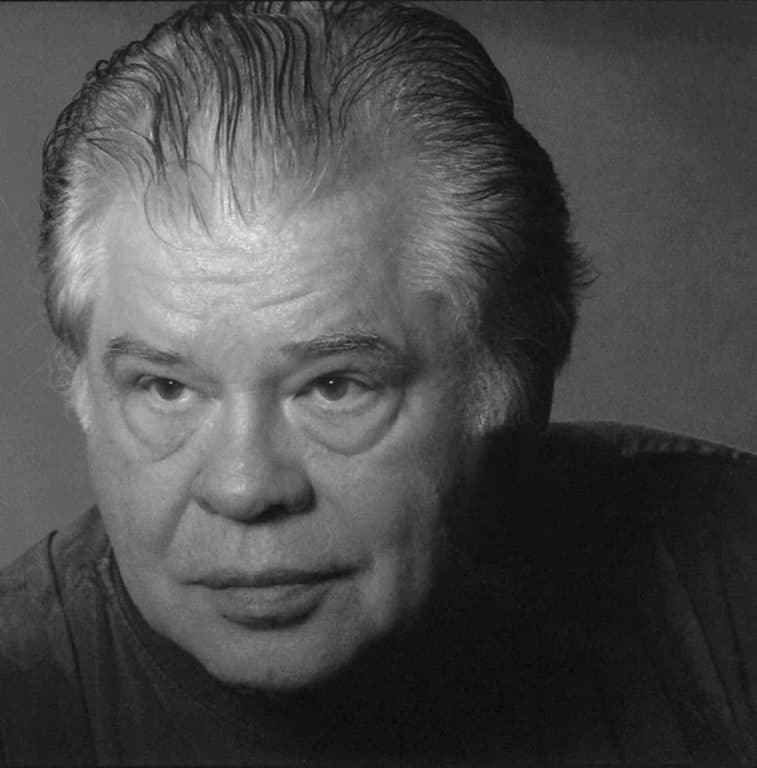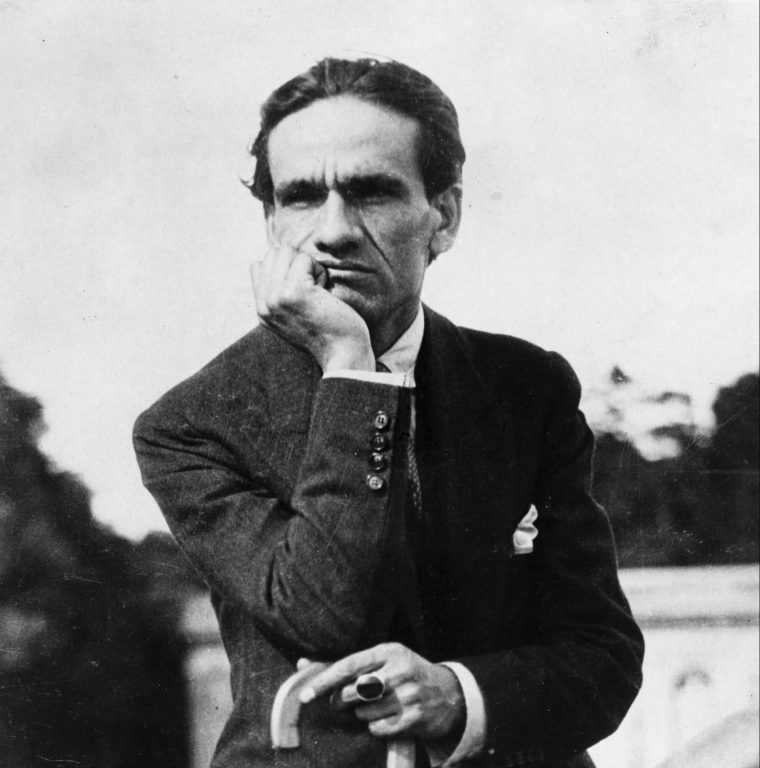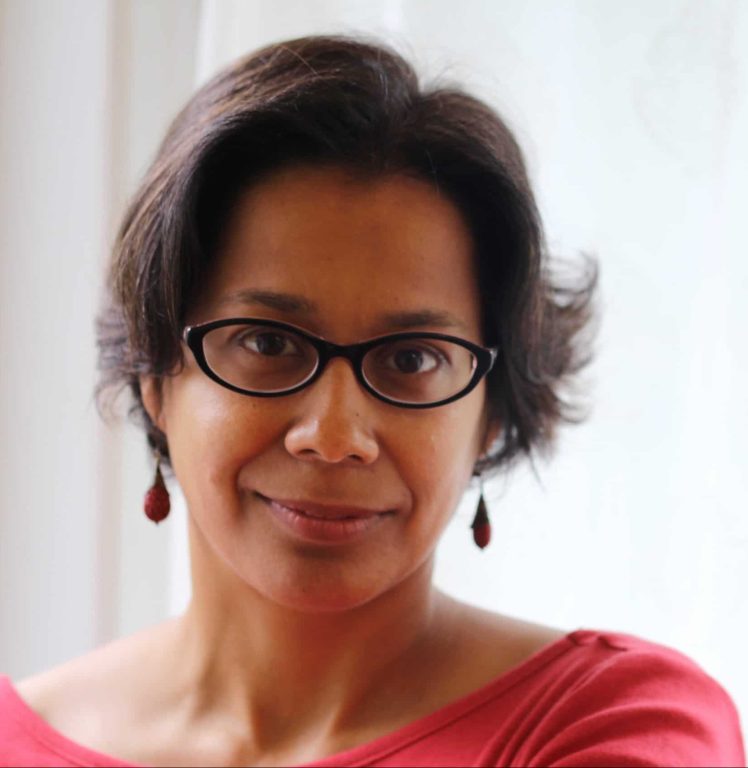I
And then there was no more Empire all of a sudden.
Its victories were air, its dominions dirt:
Burma, Canada, Egypt, Africa, India, the Sudan.
The map that had seeped its stain on a schoolboy’s shirt
like red ink on a blotter, battles, long sieges.
Dhows and feluccas, hill stations, outposts, flags
fluttering down in the dusk, their golden aegis
went out with the sun, the last gleam on a great crag,
with tiger-eyed turbaned Sikhs, pennons of the Raj
to a sobbing bugle. I see it all come about
again, the tasselled cortege, the clop of the tossing team
with funeral pom-poms, the sergeant major’s shout,
the stamp of boots, then the volley; there is no greater theme
than this chasm-deep surrendering of power
the whited eyes and robes of surrendering hordes,
red tunics, and the great names Sind, Turkistan, Cawnpore,
dust-dervishes and the Saharan silence afterwards.
II
A dragonfly’s biplane settles and there, on the map,
the archipelago looks as if a continent fell
and scattered into fragments; from Pointe du Cap
to Moule à Chique, bois-canot, laurier cannelles,
canoe-wood, spicy laurel, the wind-churned trees
echo the African crests; at night, the stars
are far fishermen’s fires, not glittering cities,
Genoa, Milan, London, Madrid, Paris,
but crab-hunters’ torches. This small place produces
nothing but beauty, the wind-warped trees, the breakers
on the Dennery cliffs, and the wild light that loosens
a galloping mare on the plain of Vieuxfort make us
merely receiving vessels of each day’s grace,
light simplifies us whatever our race or gifts.
I’m content as Kavanagh with his few acres;
for my heart to be torn to shreds like the sea’s lace,
to see how its wings catch colour when a gull lifts.
Copyright © 2010 by Derek Walcott




